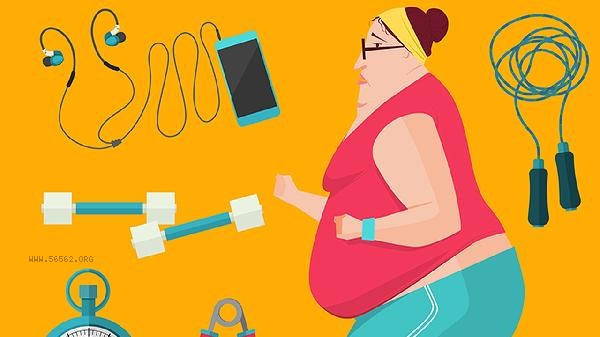The feeling of hunger during weight loss is mainly related to calorie deficit, blood sugar fluctuations, gastric emptying rate, hormone regulation, and psychological factors. After controlling diet, the body needs to adapt to new energy intake patterns, and factors such as accelerated gastrointestinal emptying and reduced leptin secretion collectively lead to increased hunger.

1. Calorie Gap
When the daily calorie intake is lower than the expenditure, the glycogen stored in the body is rapidly consumed, and the brain receives signals of insufficient energy to stimulate appetite through hunger hormones. It is recommended to choose high-quality protein and whole grain foods with high satiety, such as eggs, oats, etc., to delay the onset of hunger.
2. Blood sugar fluctuations
Refined carbohydrates are quickly digested and absorbed, and sudden increases or decreases in blood sugar can trigger hunger reactions. Adopting a low glycemic index diet pattern, combined with vegetables, fruits, and nuts, can help maintain stable blood sugar levels and reduce hunger frequency.
3. Accelerated gastric emptying
After reducing oil intake, the duration of food stay in the stomach is shortened, and the gastric mechanoreceptors transmit fasting signals to the brain. It can increase dietary fiber intake, such as konjac and mushroom foods that absorb water and expand, extending satiety time.

4. Hormonal regulation [SEP]: The level of leptin decreases with the decrease of body fat, and the secretion of ghrelin increases, leading to physiological overeating. Regular sleep patterns and sufficient sleep can help regulate hormone secretion rhythms and alleviate non essential eating desires.
5. Psychological compensation
Restrictive diet can easily trigger psychological deprivation, and the craving for high calorie foods is mistakenly recognized by the brain as hunger. Adopting mindfulness based dietary training and cultivating a habit of chewing slowly can help distinguish between true hunger and emotional eating.
It is recommended to adopt a progressive calorie control strategy, keeping the daily calorie deficit within a reasonable range to avoid metabolic damage caused by extreme dieting. In terms of exercise, it is recommended to combine strength training with aerobic exercise. Increasing muscle mass can improve basal metabolic rate. Pay attention to the timing and quantity of three meals, and consume sugar free yogurt or plain nuts in moderation between meals as a healthy snack. If there is persistent strong hunger accompanied by dizziness and fatigue, it is necessary to adjust the diet plan in a timely manner and consult a professional nutritionist.









Comments (0)
Leave a Comment
No comments yet
Be the first to share your thoughts!